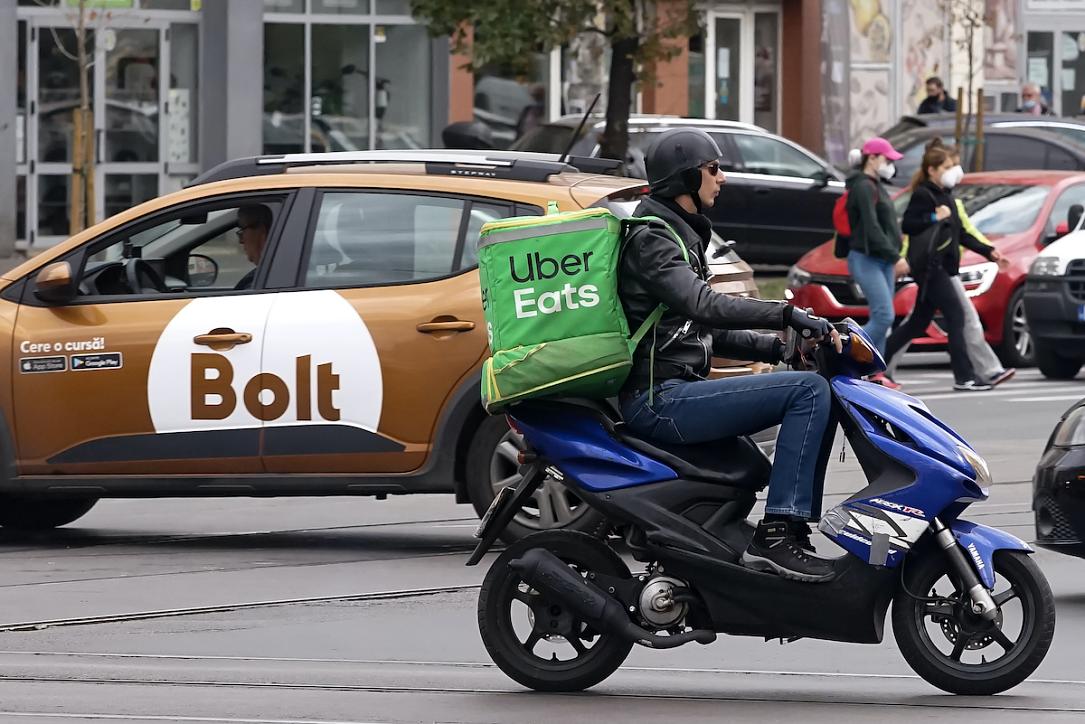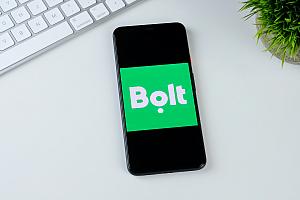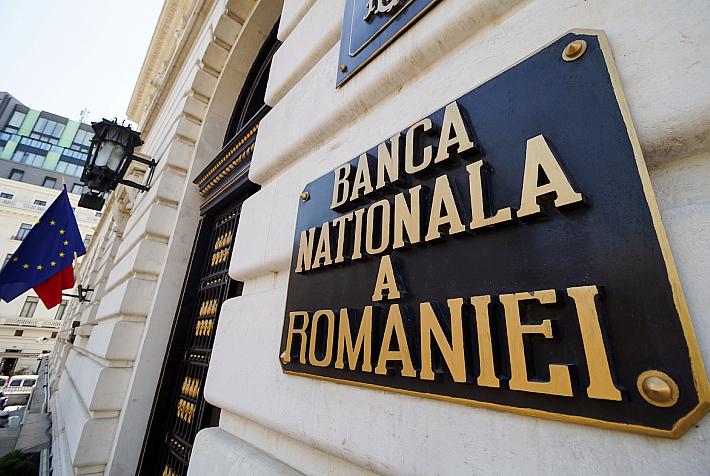Estonian ride-sharing app Bolt outshines Uber in Romania

Ride-sharing app Bolt has bested global market leader Uber in Romania, registering a 52% surge in turnover last year, compared with a 40% drop for its top competitor. The company now plans to expand operations.
The Romanian branch of the Estonian-born company Bolt, which includes food and grocery delivery services Bolt Food and Bolt Market, registered total revenues of RON 47,7 million (EUR 9,65 million) in 2021, up 52% from the preceding year, according to data reported to the Finance Ministry. Expenses were also higher, reaching EUR 9,1 million. Bolt expanded its operations in Romania, more than doubling its team with over one hundred new hires – and more in the pipeline, according to Startup Cafe.
By comparison, Uber’s Romanian subsidiary registered revenues of RON 8,4 million (EUR 1,7 million) last year, down 40% from 2020. Profits were three times lower than in the first year of the pandemic, and Uber’s own staff was made up of only 11 people, also according to public data from the Finance Ministry.
However, it’s unclear if the two legal entities owned by Bolt and Uber in Romania include the same metrics in the turnover they report to the Finance Ministry and what those metrics are. The two companies work with independent collaborators (drivers) who pay a fee for using the platform. Thus, it’s not clear if their official turnover reflects the value of services provided to final clients or the value of fees paid by their collaborators, which is only a fraction of the total value of services.
Bolt arrived in Romania in 2016 and is now present in 25 cities in the country. It counts Bucharest as one of its major centers of operations. The global market leader, Uber, currently operates in 18 Romanian cities and dropped its food delivery service in June 2020. The American giant also partnered with Lime to offer its users access to electric scooters.
Launched in 2013 in Tallinn, Estonia, Bolt reached an overall valuation of USD 8.4 billion this year, and now competes with Uber (market cap of USD 48 billion) in cities such as London and Paris, but is currently not rushing toward an IPO. The company also offers food and grocery delivery services and e-scooters, boasting 100 million customers in 45 countries. Bolt’s revenues dropped 80% in 2020 due to the pandemic, but the business rebounded last year, with revenues up 75% to EUR 221 million.
Despite its unimpressive showing in Romania, Uber remains a powerhouse globally, registering total revenues of USD 17,4 billion last year, up 56% from 2020, and coming one step closer to becoming profitable.
radu@romania-insider.com
(Photo source: Dreamstime.com)












